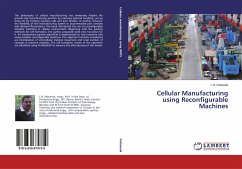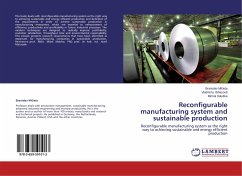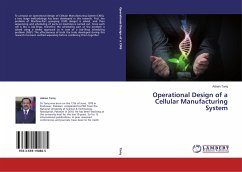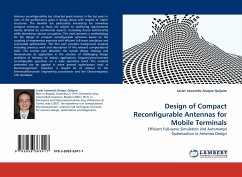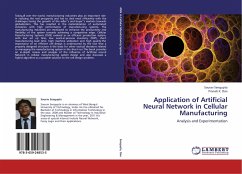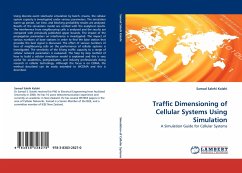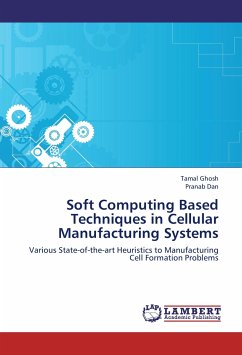The philosophy of cellular manufacturing has immensely helped the present day manufacturing practice by reducing material handling, set up times etc by forming machine cells and part families. To further enhance the flexibility of the manufacturing system to accommodate part varieties and demand fluctuations, this book introduced the use of reconfigurable modular machines in cellular environment. Beginning with the existing methods for cell formation, the author proposed some new heuristics for it. An evolutionary genetic algorithm is implemented to form machine cells using modular reconfigurable machines. The objective functions considered are minimization of intercellular material movement and total number of changes in machine modules. The cell formation results of the algorithm are simulated using ProModel® to measure the effectiveness of the model.
Bitte wählen Sie Ihr Anliegen aus.
Rechnungen
Retourenschein anfordern
Bestellstatus
Storno

